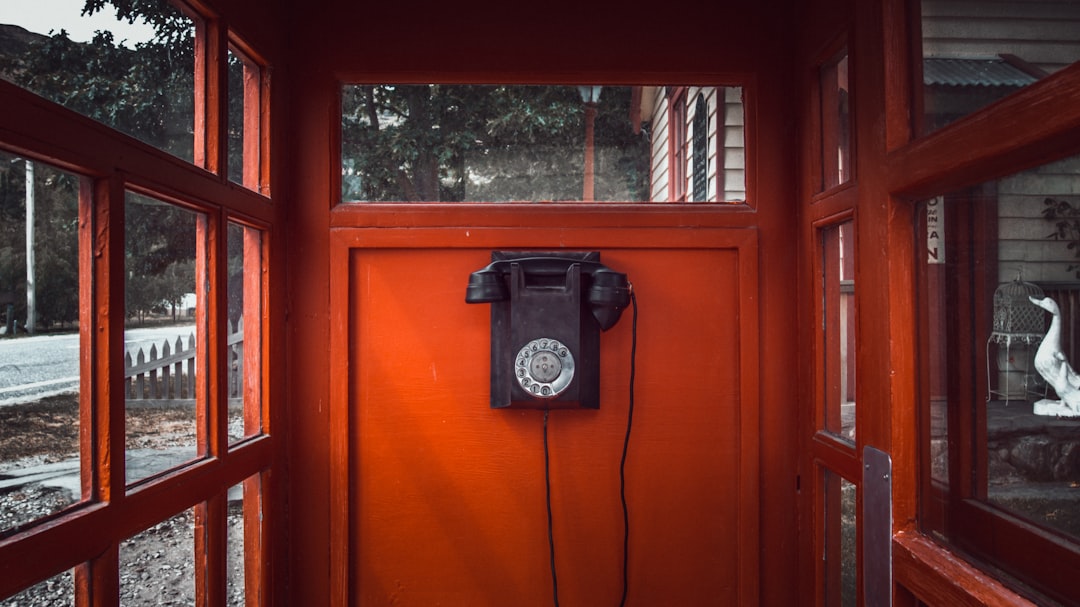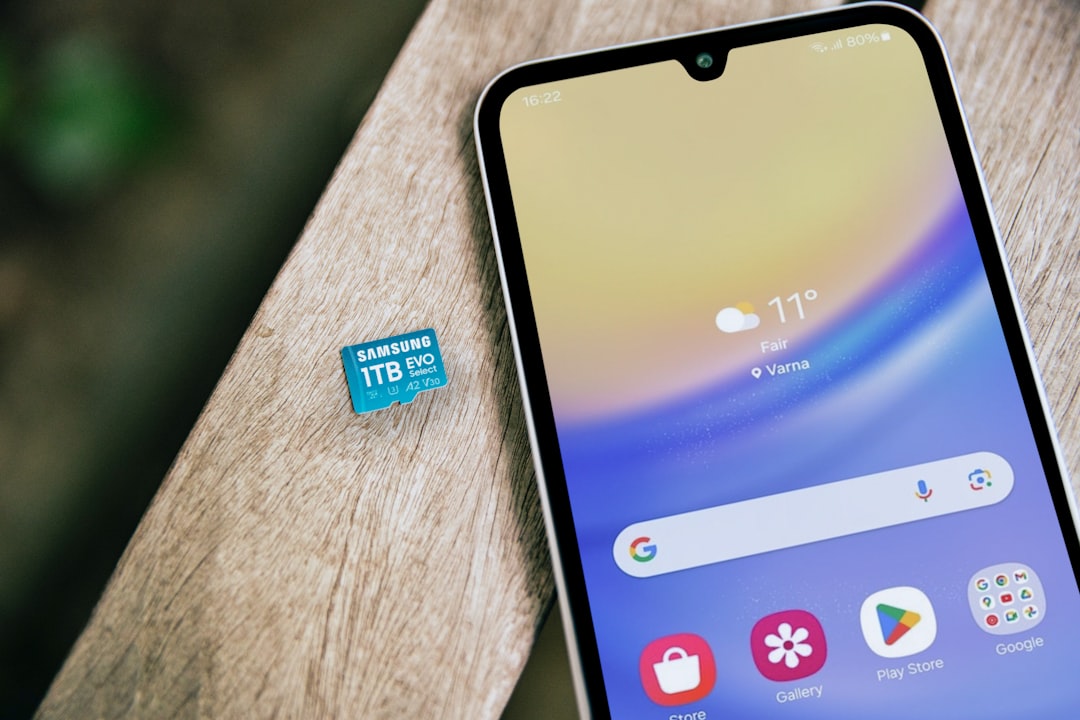In Massachusetts, despite no-call laws intended to protect residents from unwanted sales and telemarketing calls, businesses often ignore them. A No Call Lawyer in Massachusetts can help residents understand their rights, opt out of marketing lists, and take legal action against violators. These experts navigate complexities for proactive dispute resolution outside court. If surprised by a No Call Lawyer visit, contact local consumer protection agencies or an attorney general's office for guidance, keep detailed records, and consider law enforcement involvement for non-emergency issues. Consulting with a specialized attorney is crucial for understanding rights and navigating legal complexities, using keywords like "No Call Lawyer Massachusetts" during searches.
In the bustling town of Ludlow, Massachusetts, understanding your legal rights regarding no-call laws is essential. This comprehensive guide aims to equip residents with knowledge about their protections against unwanted phone calls and door knocks from lawyers and collectors. Knowing what qualifies as a legal call can empower you to recognize and assert your rights. Should you face a legal action, this article also offers valuable resources and steps to take, suggesting when to consult a no-call lawyer in Massachusetts for expert guidance.
Understanding No Call Laws in Massachusetts: A Comprehensive Guide for Residents

In Massachusetts, no call laws are designed to protect residents from unsolicited sales calls and telemarketing messages. These laws give consumers the right to refuse incoming calls and require businesses to obtain explicit consent before making contact. A No Call Lawyer in Massachusetts can help residents understand their rights and navigate the legal aspects of these regulations.
If you’re a resident of Ludlow or any other part of Massachusetts, it’s crucial to know that ignoring or hanging up on such calls alone isn’t enough. Businesses often use sophisticated methods to track and contact consumers despite the No Call laws. A legal expert can guide you through opting out of marketing lists, understanding do-not-call rights, and taking action if your rights are violated. They can also assist in dealing with persistent telemarketers or scam artists who may attempt to bypass these protections.
What Qualifies as a Legal Call? Recognizing Your Rights and Obligations

In the context of Ludlow, a “legal call” refers to any communication initiated or received regarding legal matters. This can encompass discussions about contracts, disputes, settlements, or potential litigation. Recognizing what constitutes a legal call is crucial for both individuals and businesses to understand their rights and obligations under Massachusetts law.
When it comes to no-call lawyer Massachusetts, the term implies seeking legal counsel without an immediate need for court intervention. It encourages proactive measures to resolve issues outside of a formal courtroom setting. Individuals should be aware of their right to refuse certain types of telemarketing or unsolicited calls related to legal services. Simultaneously, lawyers and law firms operating in Massachusetts must adhere to strict guidelines regarding direct marketing practices to ensure respect for client privacy and avoid overwhelming potential clients.
Navigating Legal Actions in Ludlow: Resources and Steps to Take When Faced with Legal Calls

Navigating legal actions in Ludlow, Massachusetts, can be daunting, especially if you’re unexpected a “No Call Lawyer” visit or encounter a legal issue for the first time. However, understanding the steps to take when faced with legal calls is crucial. The first resource to consider is your local consumer protection agency or attorney general’s office, which often provide guidance and assistance in such situations, offering advice on how to deal with unwelcome legal calls and protecting your rights.
If you receive a No Call Lawyer Massachusetts visit or phone call, it’s important to remain calm and gather all relevant information about the situation. Keep detailed records of conversations, including dates, times, and names of those involved. Contacting local law enforcement for non-emergency issues can also help clarify the matter and ensure your safety. Additionally, consulting with a trusted attorney who specializes in consumer protection or civil rights can equip you with the knowledge needed to navigate legal complexities effectively.






